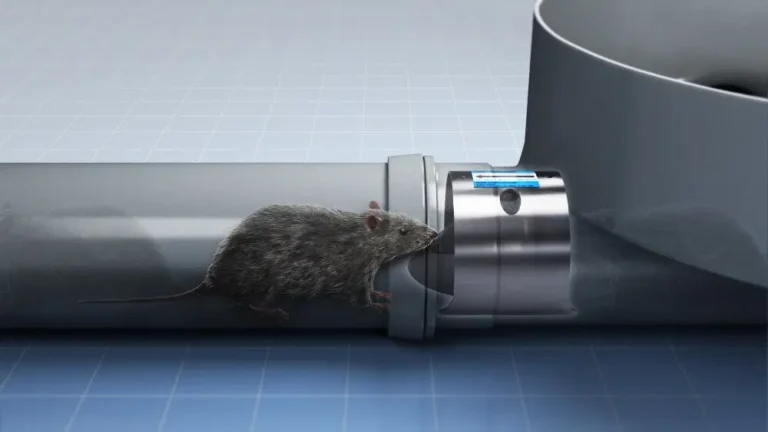Rats are notorious creatures that have been a nuisance to humans for centuries. These small rodents have adapted to various environments, including urban areas, where they find food sources and shelter. Along with their ability to cause property damage and spread diseases, a common concern among homeowners is whether rats bite. This blog will explore rat behavior, their tendency to bite, and the importance of rat drain blockers in preventing rat infestations.
Yes, rats bite, but their aggression towards humans is typically defensive. When rats feel threatened or cornered, they may bite for self-defense. However, it is important to note that the risk of rat bites can be significantly reduced with proper precautions and rat control measures in place.
Understanding Rat Behavior
Rats are intelligent creatures with a hierarchical social structure. They are nocturnal and have a keen sense of smell, hearing, and touch. Rats are known to be opportunistic feeders, meaning they will consume almost anything they come across, including food waste, grains, fruits, and even garbage.
Rats are agile climbers and proficient swimmers, allowing them to access typically inaccessible areas. They can enter homes through small gaps, cracks, or openings in walls, floors, and drains. Once inside, they can cause extensive property damage, chew through electrical wires, contaminate food, and spread diseases.
The Importance of Rat Drain Blockers
One common entry point for rats into homes is through drains. Rats can easily navigate sewer systems and find their way into residential or commercial buildings through open or damaged drainpipes. To prevent rat infestations, the installation of rat drain blockers is crucial.
Rat drain blockers are specially designed devices that securely fit into drainpipes, preventing rats and rodents from entering. These blockers are typically made of durable materials, such as stainless steel or hard plastic, ensuring they can withstand the constant flow of water and any attempts rats make to chew through them.

Installing rat drain blockers offers several benefits:
Preventing Rat Infestations: By blocking access through drainpipes, rat drain blockers act as an effective deterrent, preventing rats from entering buildings.
Safeguarding Against Disease: Rats are known carriers of various diseases, including leptospirosis, salmonellosis, and hantavirus. By preventing rats from entering through drains, rat drain blockers help reduce the risk of disease transmission to humans.
Mitigating Property Damage: Rats can cause significant damage to property by chewing through wires, insulation, and materials. By limiting their access to homes or buildings, rat drain blockers help minimize property damage.
Maintaining Hygiene: Rats can contaminate food sources and transmit pathogens, posing a risk to human health. Preventing rats from entering through drains contributes to a cleaner and healthier living environment.
Taking Rat Control Measures
Apart from installing rat drain blockers, there are several other steps you can take to prevent rat infestations:
Seal Entry Points: Inspect your property for any gaps or openings that rats can use to enter. Seal these gaps with caulk or use appropriate materials to prevent rats from gaining access.
Secure Food Sources: Store food in airtight containers and dispose of garbage properly. Avoid leaving food waste in open areas where rats can easily access it.
Keep the Surroundings Clean: Regularly clean your indoor and outdoor property to remove potential food sources and debris that can attract rats.
Use Traps and Baits: If you suspect a rat infestation, consider using traps or baits specifically designed for rats. Place them where rat activity is suspected, but be mindful of any potential risks or hazards, particularly if you have pets or children.
Conclusion
While rats bite, their aggression towards humans is mainly a defensive response. By employing rat control measures, such as installing rat drain blockers, sealing entry points, and maintaining cleanliness, you can significantly reduce the risk of rat infestations and the potential for rat bites. Additionally, taking proactive steps to prevent rats from accessing your property contributes to a cleaner and healthier living environment for you and your family. Protecting your home against rat infestations safeguards your property and helps mitigate the risks associated with potential disease transmission.

